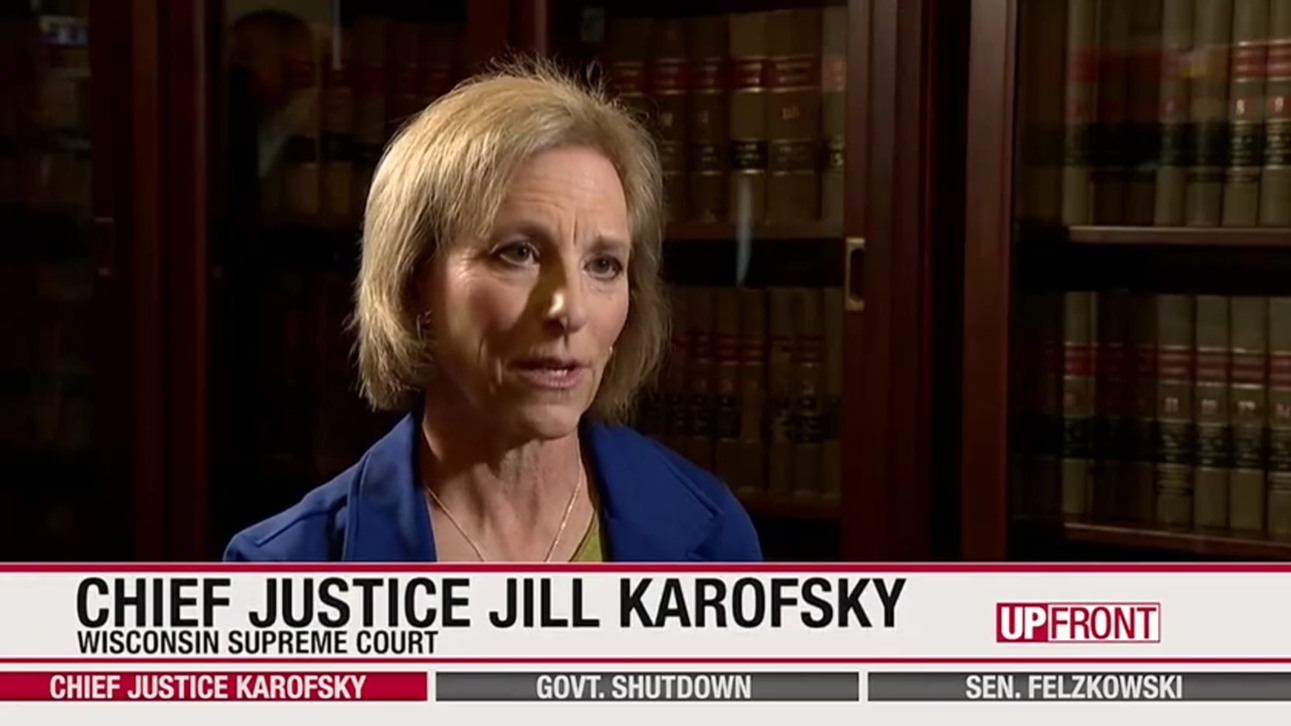Home » Battleground Wisconsin » Karofsky tells ‘UpFront’ new Supreme Court recusal rule needed

Wisconsin Supreme Court Chief Justice Jill Karofsky says a new recusal rule is needed for justices after two historic Supreme Court elections that saw record spending and political campaigning in Wisconsin. "Hopefully, we will have a hearing by the end of this term," Karofsky said on WISN 12's “UpFront,” which is produced in partnership with WisPolitics. "Before I was chief justice, it was difficu...